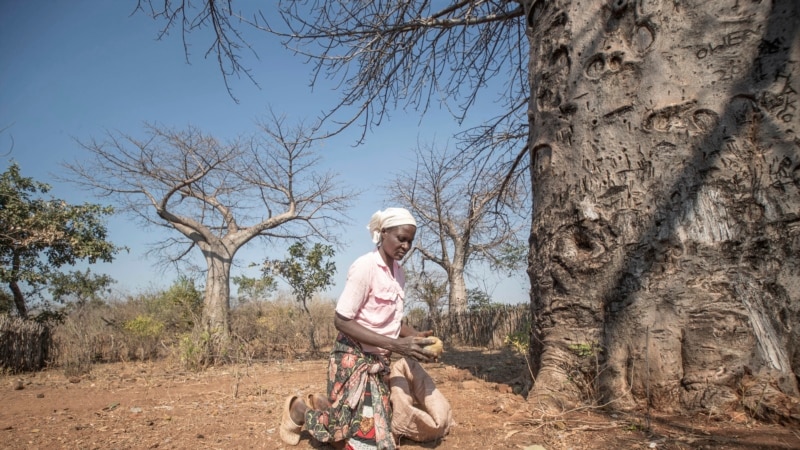As states and organised labour draw up modalities to begin the implementation of the N70,000 new national minimum wage, the need for governments to prioritise the welfare of workers amid rising inflation that has eroded their purchasing capacity is crucial, GLORIA NWAFOR reports. Since President Bola Tinubu approved the N70,000 minimum wage for Nigerian workers in June, there have been discussions with labour leaders across states on implementation modalities. This new wage structure, set to last for three years, represents a significant departure from the previous one, which was in effect for five years.
Currently, Nigeria is grappling with a high inflation rate of 33.4 per cent, with food inflation nearing 40 per cent. As a result, Nigerian workers remain among the lowest earners globally, with their purchasing power severely eroded by rising prices.

The high inflation rate has forced many Nigerians to allocate the bulk of their modest salaries to necessities such as food and utilities, leaving little to no room for discretionary spending on luxuries or leisure activities. The Guardian gathered that the situation demonstrates the harsh economic realities faced by the average Nigerian worker, despite the government’s efforts to alleviate their financial burdens through wage adjustments. Already, at the federal level, the National Salaries, Incomes and Wages Commission (NSIWC) said the computation of the new minimum wage for junior federal workers has been completed, stating that the senior cadre would be ready in a few weeks.
The computations, The Guardian gathered, were being done to ensure a seamless rollout of the new wage structure, which is expected to bring relief to workers, particularly those in the junior cadre. He noted that with the sharp increase in living costs, there was a need for workers’ welfare to be taken as a priority. Upah warned of the adverse effects of government policies such as fuel subsidy removal, currency devaluation, energy tariff hikes, and interest rate increases, cautioning that the policies would continue to worsen economic hardship for Nigerians, particularly the poor.
He stressed that nations that invest across a range of development dimensions such as education, health, infrastructure and governance have been better able to cushion the socioeconomic challenges facing them. He analysed that countries with improved abilities to convert wealth into well-being, as well as those with high overall well-being, tended to mitigate drops in economic performance and limit the growth of unemployment rates, while countries with lower levels have fallen further behind, particularly in Gross Domestic Product (GDP) growth and employment. According to him, countries better at converting wealth into well-being were able to recover more quickly from the 2008–2009 financial crisis.
He said: “Countries need to take a more comprehensive and sustainable approach that incorporates and optimises societal well-being. Analyses have shown that some lower-income countries are better off than high-income countries because they look beyond economic metrics and invest in well-being more broadly.” You must be logged in to post a comment.
Why are you flagging this comment? I disagree with this user Targeted harassment - posted harassing comments or discussions targeting me, or encouraged others to do so Spam - posted spam comments or discussions Inappropriate profile - profile contains inappropriate images or text Threatening content - posted directly threatening content Private information - posted someone else's personally identifiable information Before flagging, please keep in mind that Disqus does not moderate communities. Your username will be shown to the moderator, so you should only flag this comment for one of the reasons listed above. We will review and take appropriate action.
Follow Us.



















